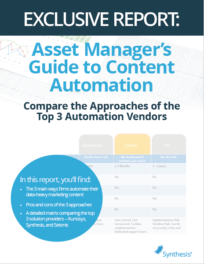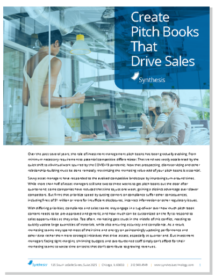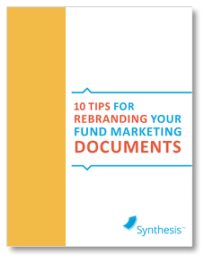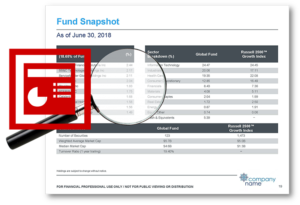Investment Data Marketing: Creating a Cohesive, Data-Driven Story for Your Firm

When meeting and consulting with clients, most investment data specialists refer to 5 datasets managers need to populate in their investment database profiles:
Performance, AUM, Holdings, Characteristics, and Personnel. These are the quantitative datasets. And yes, they are each very important.
However, we at APX Stream believe there are, in fact, 7-9 datasets for which managers need to account. These additional datasets include the qualitative narrative sets: Firm & Product Narratives, Firm & Product Personnel.
But it’s not simply a matter of checking these items off a list every quarter – to successfully execute a professional investment data marketing strategy, managers need to understand, not only the range of data points contained within each set, and account for them accordingly, but how they all work together to create a cohesive, data-driven story for your firm.
All the pieces must fit, and do so in a way that entices database subscribers (i.e. your future clients & investors) to pick up the phone or dash off an email inquiring about your portfolio management services.
So how should these pieces fit together and what are some ideas managers can employ to help improve their data marketing execution?
Content Automation: A Competitive Necessity

Content automation has become a necessity, rather than a luxury, for most asset managers in today’s highly competitive environment. According to a survey of asset managers by the Fuse Research Network and Synthesis Technology, 95% of respondents use some kind of tool or process for automating content production. Most commonly, they use it for the creation of factsheets and pitchbooks.
The need for content automation is justifiable. Marketers need to get sales and marketing materials in the hands of salespeople, clients, and prospects as fast as possible. Now, investors, advisors, and consultants expect more frequent and timely product updates.
When implemented successfully, content automation solutions empower firms to produce fully compliant, client-ready sales and marketing content faster than their competitors. These tools reduce labor costs and relieve talented marketing professionals from the drudgery of content production. They minimize the potential for human errors that inadvertently deliver inaccurate and non-compliant information to the public. Plus, they eliminate one of the most common compliance headaches many asset managers face: keeping salespeople from stitching together their own non-compliant pitchbooks from a patchwork of outdated sales presentations.
Effective content automation solutions require two components: An in-house or commercial production tool and a reliable source of product data to populate the finished pieces. Unfortunately, data management is content automation’s Achilles heel for many firms.
Using Automation to Fuel Investment Marketing Programs

Many factors influence the volume of content that asset managers produce. Some, such as the merging or closing of funds, help to alleviate the production burden, but most continue to expand the demands placed on marketing units. In a recent study of asset managers, we asked about their marketing processes and use of automation to fuel marketing programs.
3 Ways Asset Managers Will Fail to Differentiate in 2021

Growing asset management revenues is much harder than it used to be. The number of asset managers and strategies have proliferated in recent years. However, the number of consultants has shrunk, leading to a notable decline in available mandates. In this fiercely competitive marketplace, even firms with a solid track record of performance will struggle. Asset managers which master the marketing process and effectively differentiate themselves will be triumphant in 2021.
Each year, I check in with my network of industry experts to get a pulse on the trends and best practices in asset management marketing. The upcoming year will be marked by big changes in the way marketers develop and deploy their plans. Largely, this is due to the pandemic and a shift to digital. With everyone “going digital” with their content, events, etc…, it’s going to be harder than ever to rise above the noise. Recently, I met virtually with three experts in investment management marketing. I learned what asset managers should avoid if they want to differentiate and gain assets in the coming year. Here are three things asset managers should avoid if they want to differentiate in 2021.




 Compare the Top 3 Finserv Content Automation Vendors [White paper]
Compare the Top 3 Finserv Content Automation Vendors [White paper] Create Pitchbooks the Drive Sales [White paper]
Create Pitchbooks the Drive Sales [White paper] Build vs. Buy: Should Your Financial Services Firm Outsource or Insource Marketing Technology? [White paper]
Build vs. Buy: Should Your Financial Services Firm Outsource or Insource Marketing Technology? [White paper]  10 Tips for Rebranding your Fund Marketing Documents [White paper]
10 Tips for Rebranding your Fund Marketing Documents [White paper]




